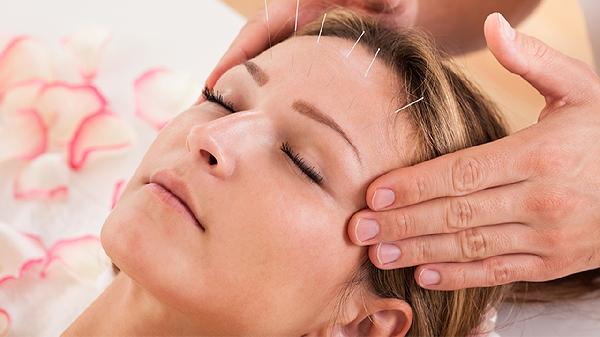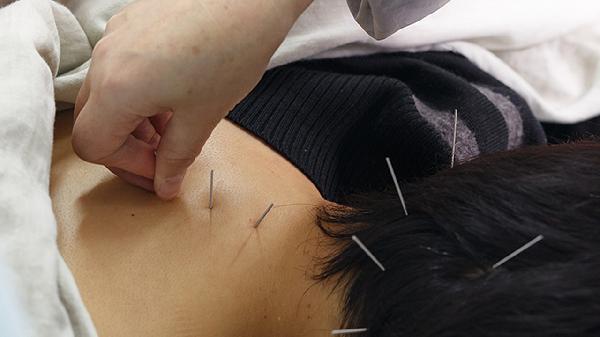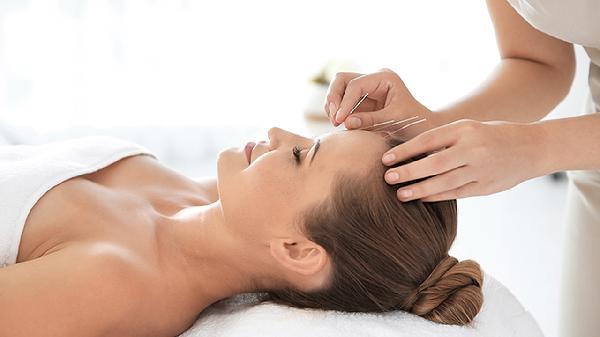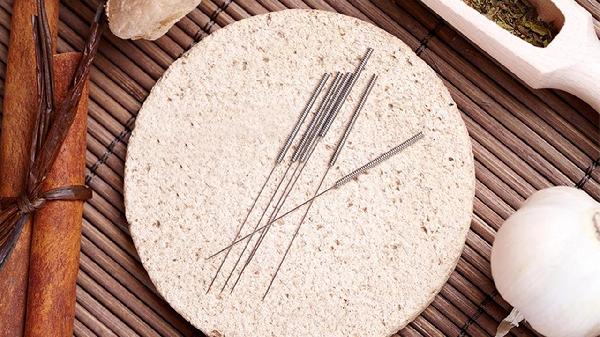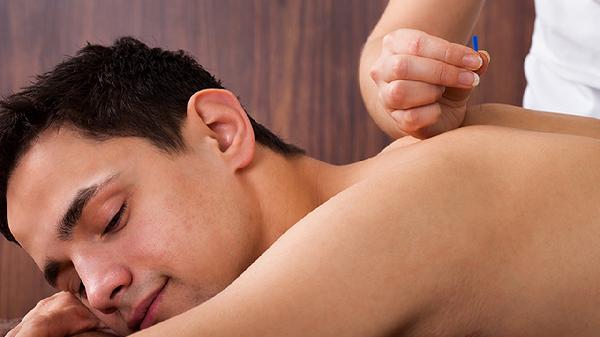Fertility acupuncture can be found near you by exploring local acupuncture clinics, fertility centers, or practitioners who specialize in reproductive health. To locate a qualified acupuncturist, you can use online directories, ask for referrals from your healthcare provider, or consult fertility support groups in your area. Fertility acupuncture is a complementary therapy that aims to enhance reproductive health by improving blood flow to the reproductive organs, balancing hormones, and reducing stress, which can positively impact fertility outcomes.
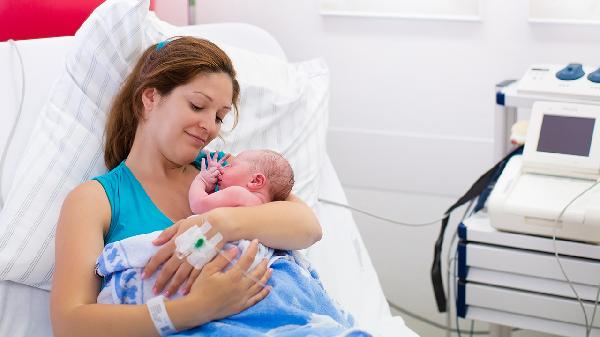
Understanding Fertility Acupuncture
Fertility acupuncture is a specialized branch of traditional Chinese medicine (TCM) that focuses on optimizing reproductive health. It involves the insertion of thin needles into specific points on the body to regulate the flow of energy (Qi) and address imbalances that may affect fertility. This practice is often used in conjunction with conventional fertility treatments, such as in vitro fertilization (IVF), to improve success rates. Acupuncturists who specialize in fertility are trained to address issues like irregular menstrual cycles, hormonal imbalances, and stress-related infertility.
How to Find a Qualified Fertility Acupuncturist
Finding a skilled fertility acupuncturist requires research and due diligence. Start by searching online directories such as the National Certification Commission for Acupuncture and Oriental Medicine (NCCAOM) or the American Society of Reproductive Medicine (ASRM). These platforms allow you to filter practitioners by location and specialty. Additionally, ask for recommendations from your OB/GYN, reproductive endocrinologist, or fertility clinic. Many fertility centers have partnerships with acupuncturists who are experienced in working with patients undergoing assisted reproductive technologies (ART).
What to Look for in a Fertility Acupuncturist
When choosing a fertility acupuncturist, consider their credentials, experience, and approach to treatment. Ensure they are licensed and certified by a recognized organization, such as the NCCAOM. Look for practitioners who have specific training in fertility acupuncture and a track record of working with patients dealing with infertility. It’s also important to find someone who makes you feel comfortable and takes the time to understand your unique needs and goals. Reading reviews and testimonials from previous clients can provide valuable insights into their expertise and bedside manner.
Benefits of Fertility Acupuncture
Fertility acupuncture offers numerous benefits for individuals and couples struggling with infertility. It can improve ovarian function, enhance egg quality, and increase blood flow to the uterus, creating a more favorable environment for implantation. Acupuncture also helps regulate menstrual cycles and reduce symptoms of conditions like polycystic ovary syndrome (PCOS) and endometriosis. Beyond physical benefits, acupuncture is known for its ability to reduce stress and anxiety, which are common challenges for those undergoing fertility treatments. By promoting relaxation and emotional well-being, acupuncture can support a healthier conception journey.
What to Expect During a Fertility Acupuncture Session
During your first fertility acupuncture session, the practitioner will conduct a thorough assessment of your medical history, lifestyle, and fertility concerns. This may include questions about your menstrual cycle, previous pregnancies, and any fertility treatments you’ve undergone. Based on this information, the acupuncturist will develop a personalized treatment plan tailored to your needs. The actual acupuncture treatment involves the insertion of sterile, single-use needles into specific points on your body. Most people find the process painless and relaxing, with sessions typically lasting 30 to 60 minutes. Regular treatments are often recommended to achieve optimal results.
Integrating Fertility Acupuncture with Other Treatments
Fertility acupuncture is most effective when used as part of a comprehensive fertility plan. Many patients combine acupuncture with conventional treatments like IVF, intrauterine insemination (IUI), or ovulation induction. Studies have shown that acupuncture can improve the success rates of these procedures by enhancing uterine receptivity and reducing stress. Discuss your interest in acupuncture with your fertility specialist to ensure it complements your treatment plan. A collaborative approach between your acupuncturist and fertility doctor can provide the best possible outcomes.
Cost and Insurance Coverage for Fertility Acupuncture
The cost of fertility acupuncture varies depending on the practitioner’s experience, location, and the number of sessions required. On average, a single session can range from $75 to $150. Some fertility clinics offer package deals or discounts for multiple sessions. While acupuncture is not always covered by insurance, some plans do provide partial or full coverage for fertility-related treatments. Check with your insurance provider to determine your benefits and explore flexible payment options if needed.
Tips for Maximizing the Benefits of Fertility Acupuncture
To get the most out of your fertility acupuncture sessions, it’s important to follow your practitioner’s recommendations and maintain a healthy lifestyle. Stay hydrated, eat a balanced diet rich in nutrients, and avoid excessive caffeine and alcohol. Incorporate stress-reducing activities like yoga, meditation, or gentle exercise into your routine. Communicate openly with your acupuncturist about any changes in your health or fertility treatments. Consistency is key, so attend all scheduled sessions and follow the prescribed treatment plan.
Finding Support Through Fertility Acupuncture Communities
Navigating fertility challenges can be emotionally taxing, but you don’t have to do it alone. Many fertility acupuncturists host support groups or workshops for patients to connect and share their experiences. Online forums and social media groups dedicated to fertility acupuncture can also provide a sense of community and encouragement. Engaging with others who understand your journey can offer valuable insights, emotional support, and practical tips for managing the ups and downs of fertility treatment.
The Role of Acupuncture in Male Fertility
While fertility acupuncture is often associated with female reproductive health, it can also benefit male fertility. Acupuncture has been shown to improve sperm quality, motility, and count by enhancing blood flow to the reproductive organs and reducing oxidative stress. Men experiencing issues like low sperm count or erectile dysfunction may find acupuncture to be a helpful adjunct to conventional treatments. Couples undergoing fertility treatments can consider acupuncture as a shared therapy to optimize both partners’ reproductive health.
Conclusion: A Holistic Approach to Fertility
Fertility acupuncture is a valuable tool for individuals and couples seeking to enhance their reproductive health and improve their chances of conception. By addressing both physical and emotional factors, acupuncture offers a holistic approach to fertility that complements conventional treatments. Finding a qualified fertility acupuncturist near you can be a transformative step in your fertility journey. Remember to research practitioners, ask questions, and prioritize your well-being throughout the process. With the right support and care, you can take proactive steps toward achieving your dream of parenthood.


